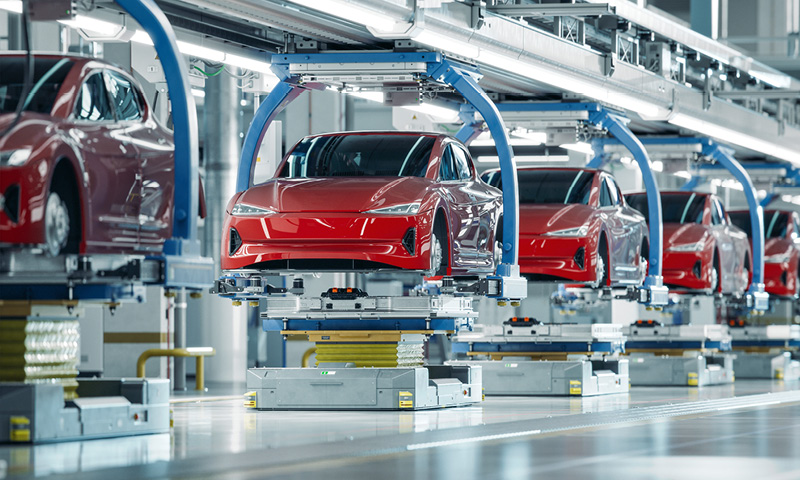21 June 2022
At the Confederation of British Industry’s (CBI) dinner last month, Chancellor of the Exchequer Rishi Sunak, called on UK wealth creators, entrepreneurs and leaders to invest more, train more and innovate more but should he just focus on one thing at a time to solve the long running productivity problem? The answer to this problem might not be capital allowances.
According to ONS data, UK productivity lags behind the US, France and Germany. British businesses are also lagging behind these three countries on capital investment as a percentage of GDP.
So, it was hardly a surprise to hear the Chancellor at last month’s CBI dinner ask UK businesses to invest more, train more and innovate more especially as Boris Johnson also wants to create a ‘high-wage, high-skill, high productivity’ economy.
With recent comments from Bank of England governor Andrew Bailey, that the super-deductor tax relief was ‘not at the moment having the impact that was expected’ in encouraging UK business to invest, what is the answer?
Whilst we would encourage the chancellor to ‘be bold’ when it comes to capital allowance reform as referred to in a recent WTB article on the subject, this shouldn’t necessarily be the one thing that Rishi focuses on.
This is a similar view shared by RSM UK’s economist Thomas Pugh. Thomas claims that there are three important factors to consider in order to increase UK productivity which include, investment in people, improvements in the UK planning system and tax relief for software and IT investment spend for our dominant service sector. Thomas’ view is that the most important of the three is investment in people.
Author Gary Keller in his best-selling book ‘The ONE Thing’ said: ‘Things don’t matter equally. Success is found in doing what matters most.’
So perhaps the answer that Rishi and Boris are looking for is not ‘invest more, train more and innovate more’ but train, train, train.









